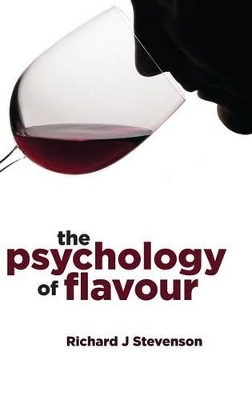Flavour is arguably the most fascinating aspect of eating and drinking. It utilises a complex variety of senses and processes, that incredibly work together to generate a unified, and hopefully pleasurable, experience. The processes involved are not just those involved in tasting at the time of eating, but also memory and learning processes - we obviously shun those foods of which we have a negative memory, and favour those we enjoy. Our understanding of the science of flavour has improved in recent years, benefiting psychology, cuisine, food science, oenology, and dietetics.
This book describes what is known about the psychology and biology of flavour. Written by an authority in the field, it is divided into two parts. The first explores what we know about the flavour system; including the role of learning and memory in flavour perception and hedonics; the way in which all the senses that contribute to flavour interact, and our ability to perceive flavour as a whole and as a series of parts. The later chapters examine a range of theoretical issues concerning the flavour system. This includes a look at multisensory processing, and the way in which the mind and brain bind information from discrete sensory systems. It also examines the broader implications of studying flavour for societal problems such as obesity. Written in an accessible style, that assumes little prior knowledge of the field, the book will be valuable for psychologists interested in perception, neuroscientists, food scientists, and dieticians.
- ISBN10 0199539359
- ISBN13 9780199539352
- Publish Date 30 April 2009
- Publish Status Active
- Publish Country GB
- Imprint Oxford University Press
- Format Hardcover
- Pages 312
- Language English
